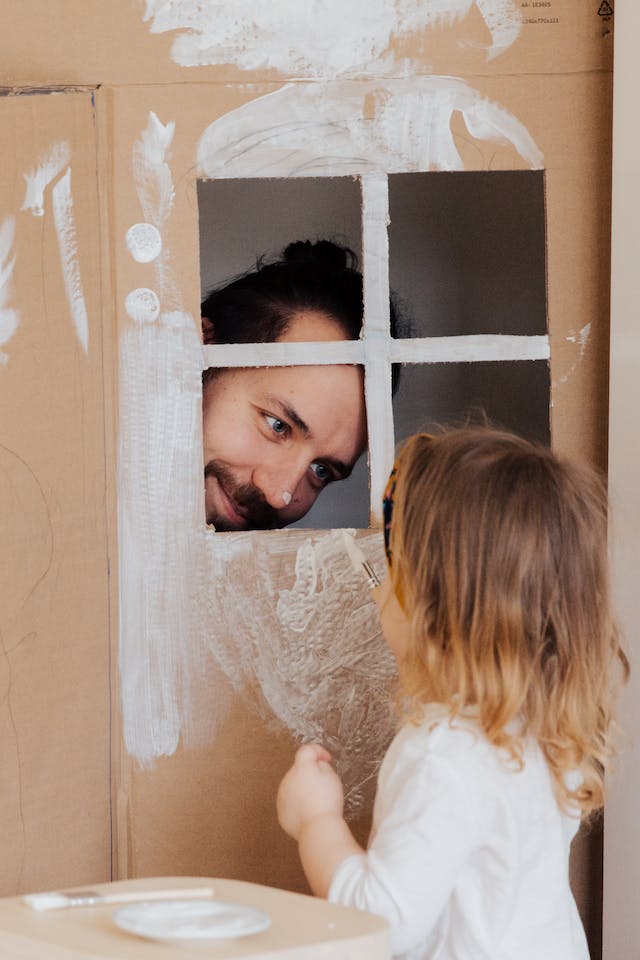Learning to read is a crucial skill for children that lays the foundation for their academic success.
As a parent, you can play a significant role in teaching your child to read. Here are 20 ways to teach your child to read:
Start early:
Begin reading to your child as early as possible, even when they’re infants.
This will help them develop a love for reading and develop pre-reading skills.
Use picture books:
Picture books with colorful illustrations and simple text are great for introducing your child to reading.
Point to words:
When reading with your child, point to the words as you read them.
This will help them associate words with their meaning.
Use rhyming books:
Rhyming books help children develop phonemic awareness, which is the ability to hear and identify sounds in words.
Play word games:
Play games like “I Spy” or “Name That Word” to help your child learn new words.
Read aloud:
Read aloud to your child every day, even when they’re old enough to read on their own.
This will help them develop their reading comprehension skills.
Practice letter recognition:
Teach your child to recognize letters by pointing them out in books or on signs.
Sing nursery rhymes:
Singing nursery rhymes is a fun way to help your child develop their language skills.
Use flashcards:
Flashcards are a great way to teach your child sight words and other basic reading skills.
Write letters:
Help your child learn to write letters by letting them practice with a pencil or marker.
Read aloud with expression:
When reading to your child, use expression to make the story come alive.
Practice phonics:
Phonics is the study of the relationship between letters and sounds. Use phonics workbooks or online resources to help your child practice this skill.
Make reading fun:
Incorporate reading into everyday activities, such as cooking or going to the grocery store.
Let your child choose their books:
Let your child choose their own books to read, even if they’re not at their reading level yet.
Create a reading nook:
Create a cozy reading nook in your home where your child can relax and read.
Use repetition:
Repeating the same book or story can help your child develop their vocabulary and reading comprehension.
Encourage questions:
Encourage your child to ask questions while reading to help them better understand the story.
Play reading games:
Play reading games like “Word Bingo” or “Hangman” to make reading fun.
Use technology:
Use educational apps or websites to help your child develop their reading skills.
Practice, practice, practice:
The more your child practices reading, the better they will become.
In conclusion,
Teaching your child to read is a process that requires patience and persistence.
By incorporating these 20 tips into your daily routine, you can help your child develop a love for reading and the skills they need to succeed academically.
Remember to make reading fun and enjoyable, and don’t forget to celebrate your child’s progress along the way.
![]()










